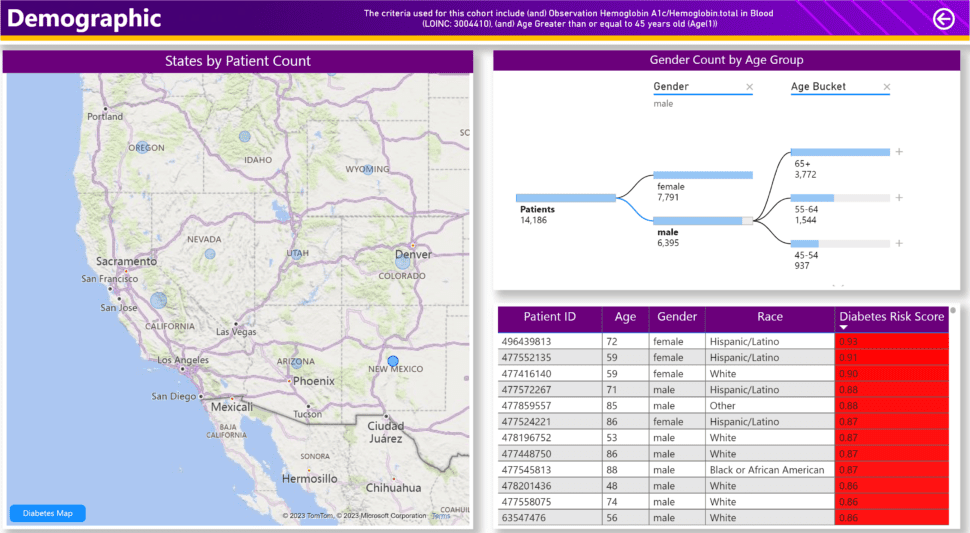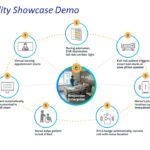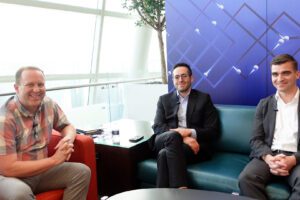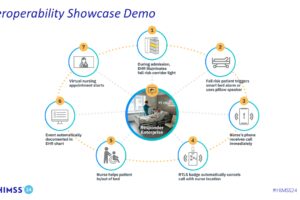The previous article in introduced the topic of social isolation and showed its relationship to the subjective feeling of loneliness. Now we’ll start to look at the use of technology (which has been implicated in making these conditions worse) to try to improve them.
Physically Connecting Lonely Individuals
mPulse Mobile evaluates patient needs and suggests local resources they can tap, including peer groups. The service gets data from patient records through AI and natural language processing (NLP). as well as from what the patient says to the service. According to Eden Brownell, director of behavioral science, mPulse Mobile is always listening for a potential mental health concern or an indication that the patient is isolated.
In addition to sending the patient automated messages, the service can bump the patient up to a care manager or nurse to handle an important health matter.
Another service that helps connect patients to their friends and family (as well as clinical caregivers) is PointClickCare. It serves more than 27,000 long‐term and post‐acute care providers, more than 3,100 hospitals and health systems, and 2,200 ambulatory clinics, along with more than 70 state and federal government agencies.
Sagility also uses care managers and online tools to help improve social connections, this time focusing on helping the elderly stay in their homes. A big focus of their Aging in Place service is helping keep the patients engaged with caregivers and families. Susan Smith, a clinical content analyst at Sagility, says they try to educate their clients to find resources for themselves.
James Maskell, founder of HealCommunity, says that online services have some advantages over in-person clinics: They’re always available and can be used without transportation.
Providing Online Connections
As we’ve seen, many people don’t feel safe with the people around them. When I talked to services that form communities, the term “safe space” came up routinely as a contrast to the rejection or abuse that people suffer from in their own communities and on social media.
College students can use Peer Community, a service of TimelyCare, to form supportive communities online. TimelyCare provides licensed clinical staff, supported by AI, to monitor forums and prevent abuse. To further protect students, all posts are anonymous.
TimelyCare has found that the most common reason students use the service is to form relationships. Anxiety and depression are common reasons as well.
Offered at more than 300 U.S. colleges and universities, TimelyCare currently serves more than two million students. A student is authenticated by signing in through the email address and password they use for access to other campus services.
If a posting indicates that the student needs more help than an anonymous forum can provide, a care coordinator is notified and will reach out to the student. However, half of the students who have used Peer Community have not visited a health care provider since they came to campus.
Teun Schutte, managing consultant of digital strategy in healthcare at Mobiquity, says that online connections are useful for patient communities. Many people with a disease are isolated and don’t know anyone else with the disease. Along those lines, one couldn’t cover online support groups without mentioning PatientsLikeMe, which has now served more than 850,000 patients.
In addition to perusing PatientsLikeMe’s extensive library of symptom reports, medication reports, symptom reports, and patient-reported outcome measures (PROs), the patients form support groups so that they “don’t feel like they are alone,” according to Dr. Kate Burke, senior medical advisor at PatientsLikeMe. Groups also have trained moderators.
IT consulting company Avanade provides another platform for coordination and relationship building. According to Christiana Voelker, healthcare industry lead at Avanade, their tools can help build patient communities and support care in the home. For instance, Avanade’s Consumer Outreach uses Microsoft Dynamics Marketing to connect patients with caregivers and personalize communications.
The company’s cohort browser (Figure 1) searches patient data to find people who might be appropriate for a peer group: for instance, people of a certain age with high A1C. A clinician can run the cohort browser and then invite a patient into a group, such as a childbirth class or diabetes support. In addition to support groups, Avanade’s platform can support virtual family visits, as well as connect people for fun, such as a cooking class.

Anyone who has participated in group music making, particularly where singing is involved, knows what a powerful bonding experience it is. According to Andy Tubman, co-founder and chief clinical officer at SingFit, singing in particular promotes social bonding by releasing oxytocin in the singers.
Although most SingFit activities are done in person, it offers some online services. Machine learning is employed to set up playlists for singing as a cognitive exercise. One SingFit app allows a caregiver to input information about a patient and get an appropriate playlist. Another service, offered in some hospices, allows music therapists to guide people to sing through video.
The final article in this series will look at the use of technology to treat mental health conditions that contribute to loneliness.













